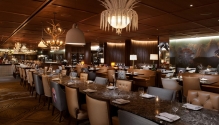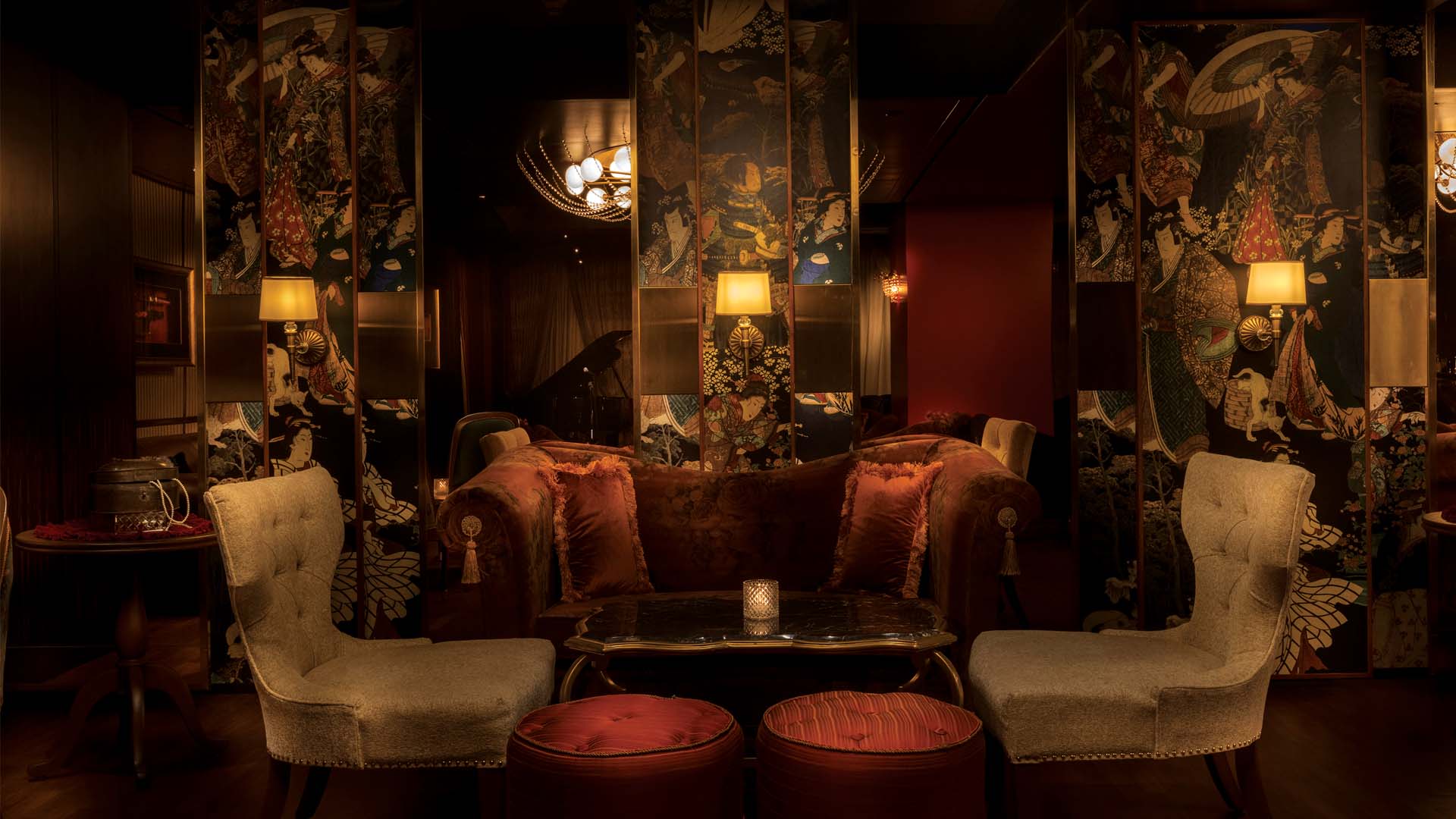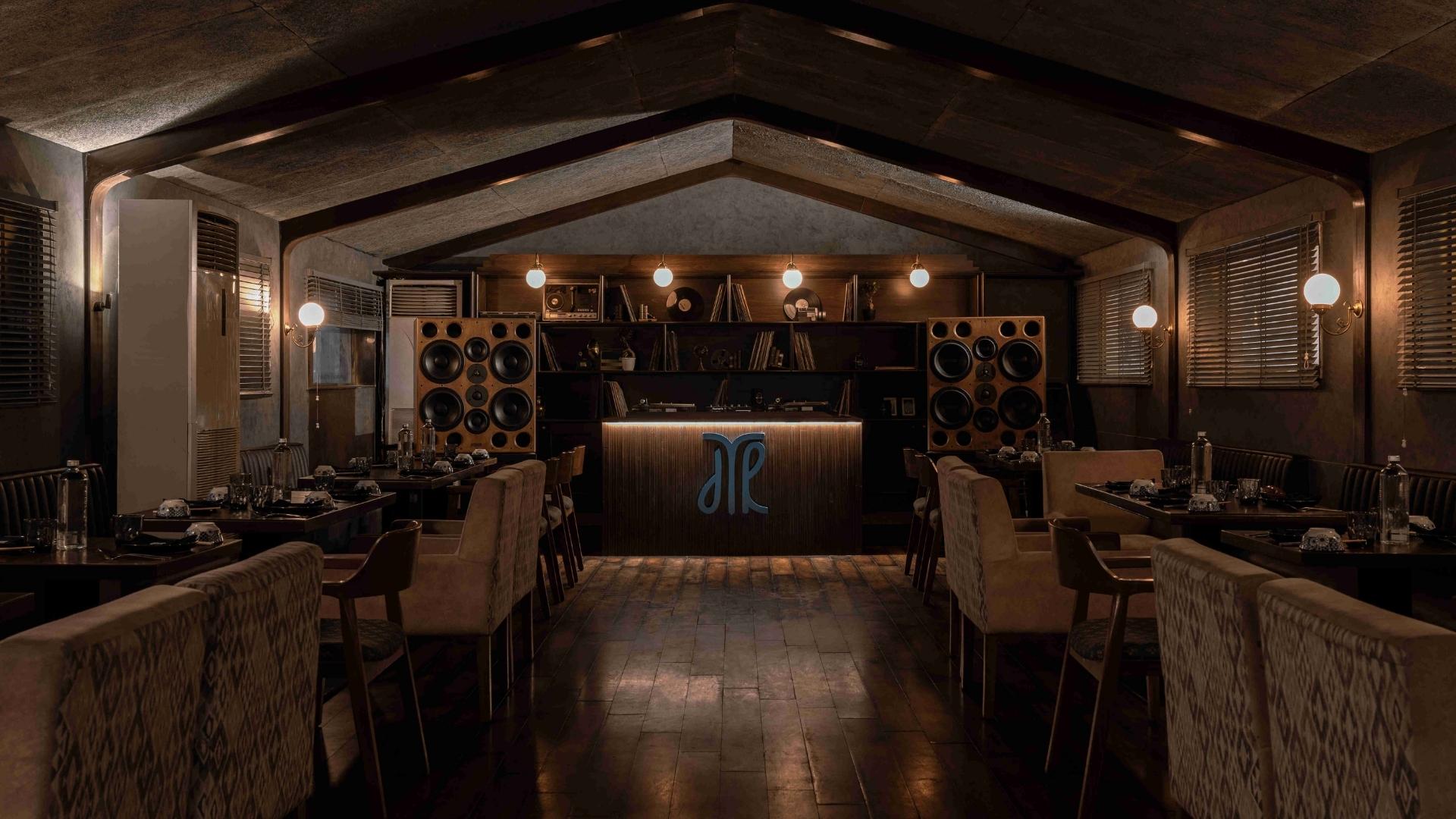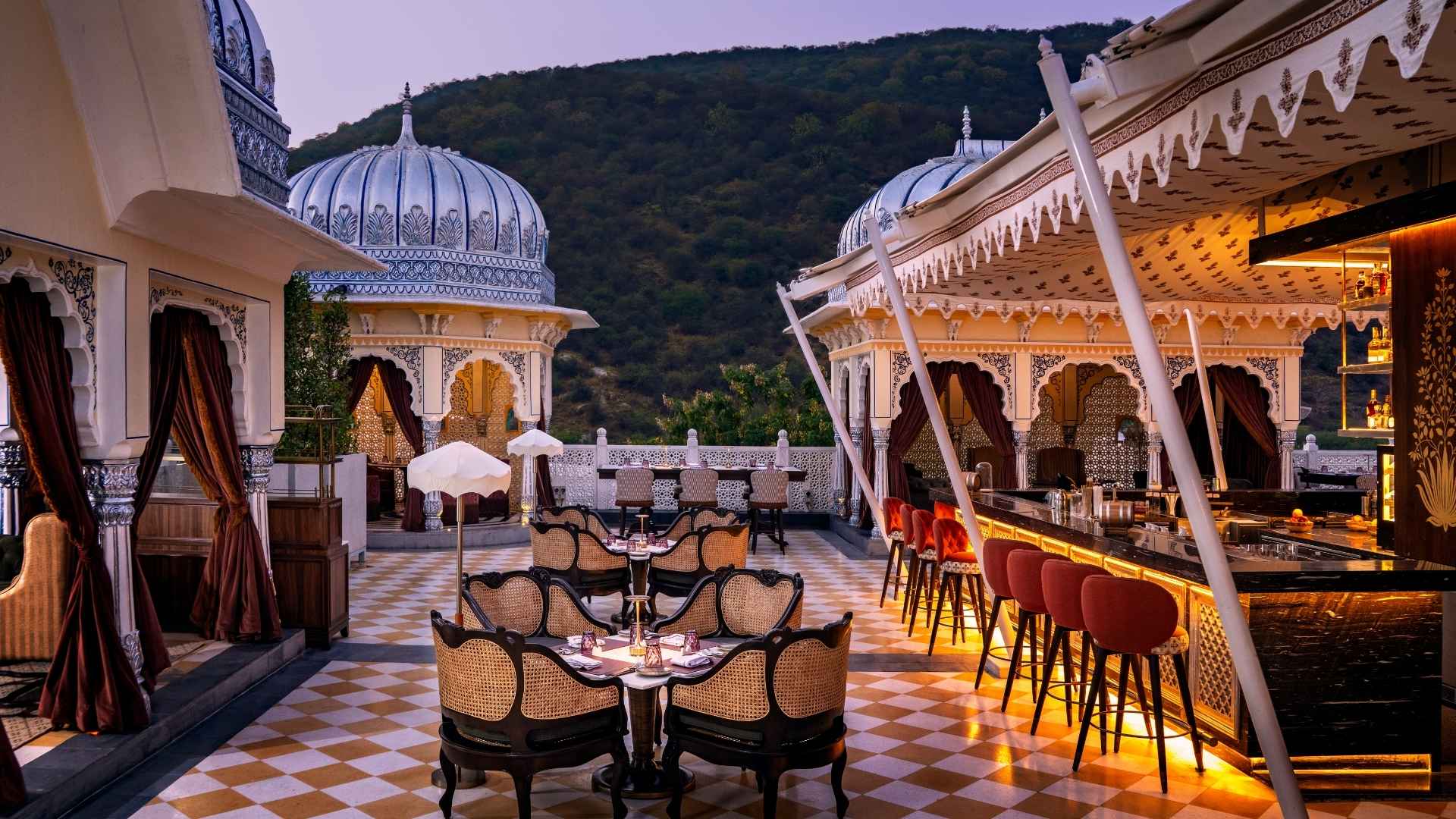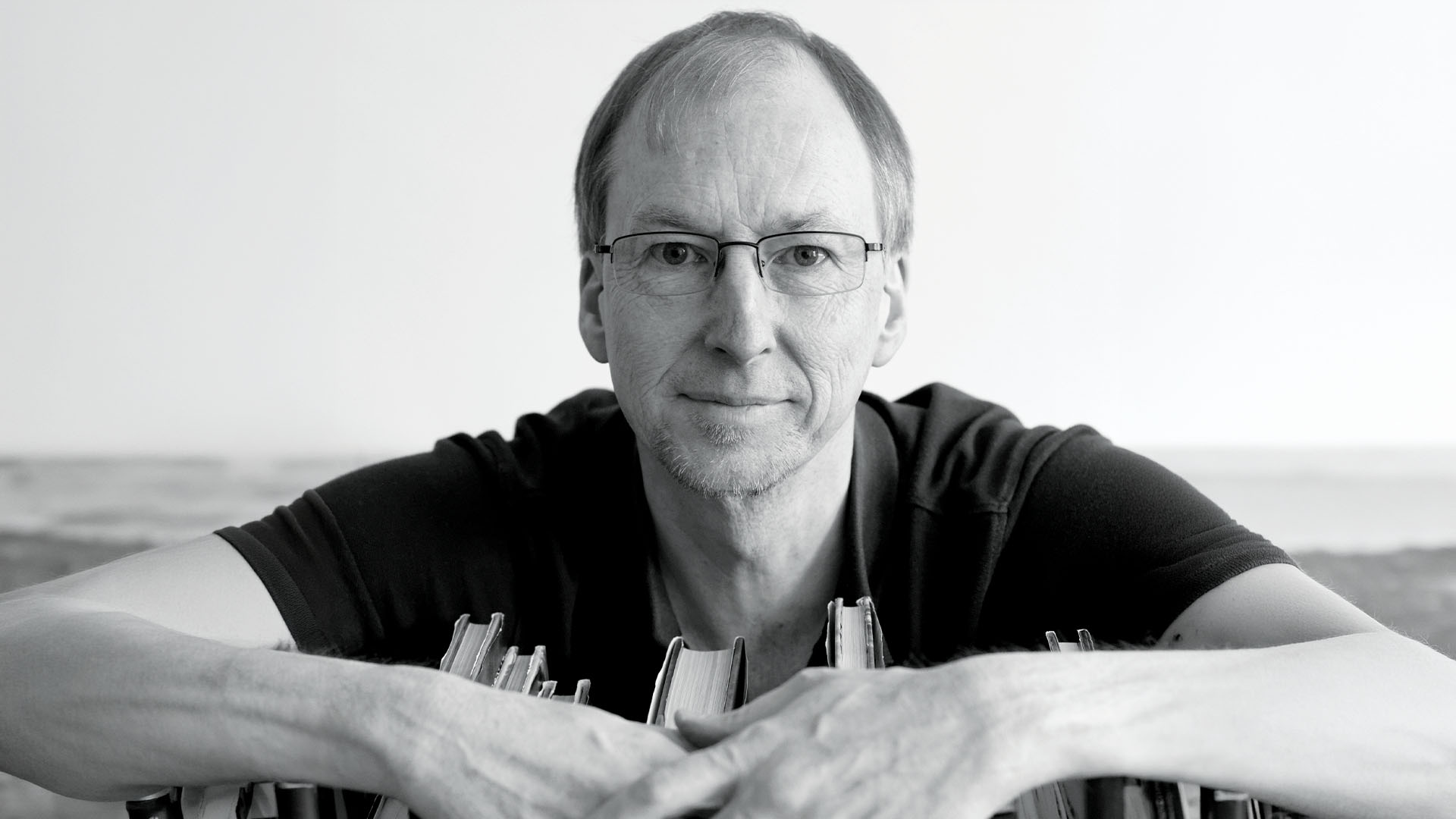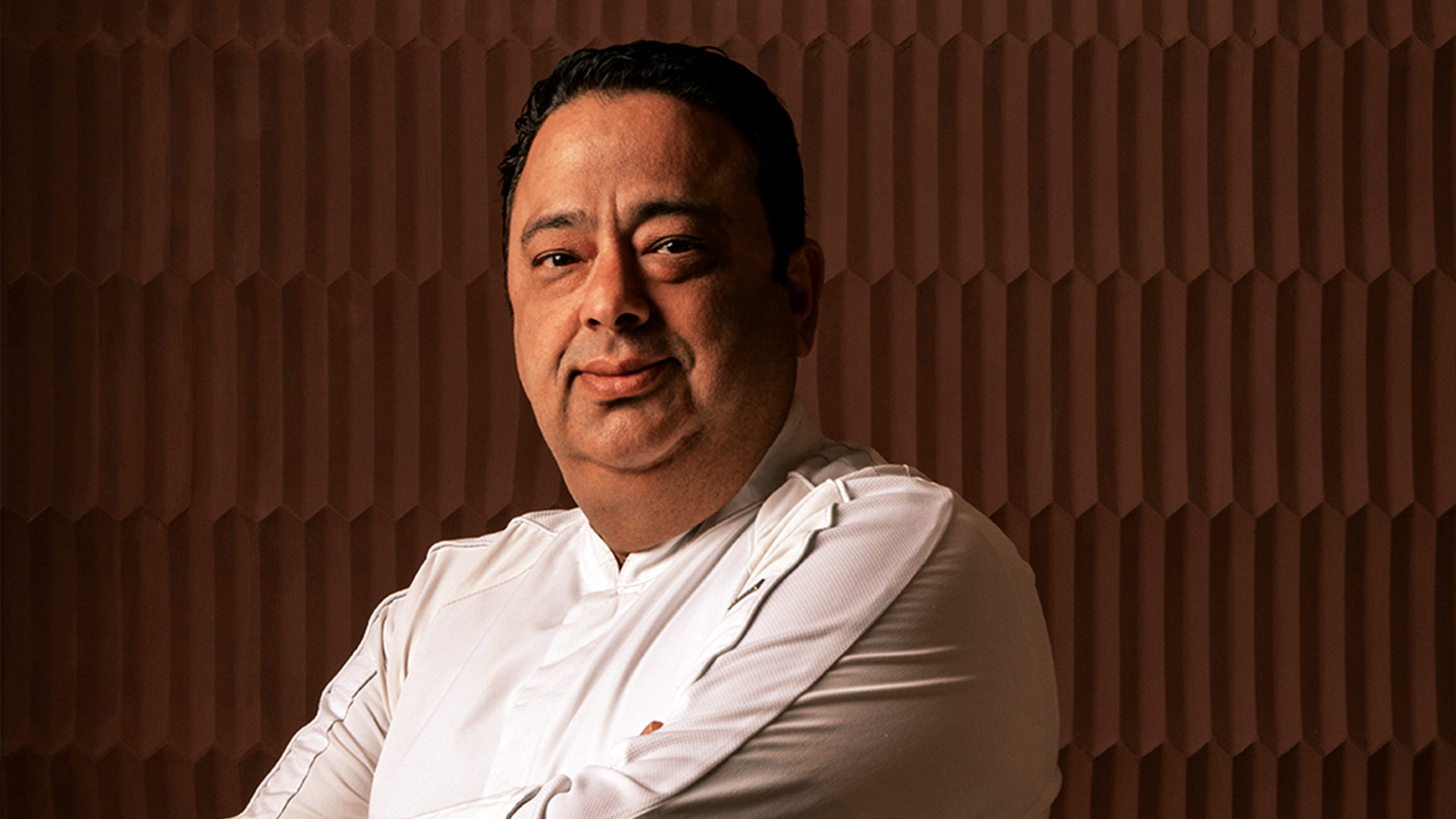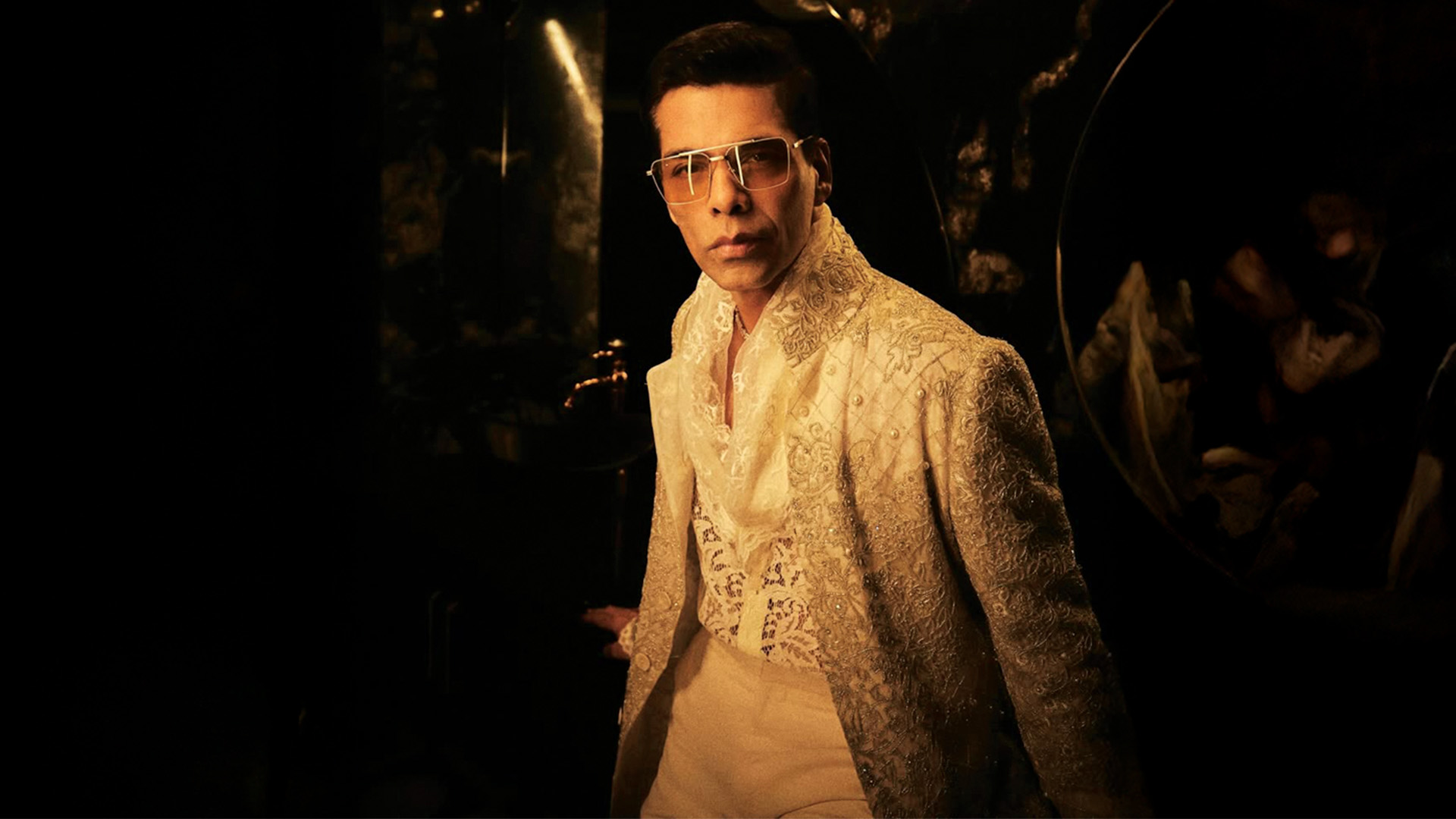Stirring the Pot: Chef Suvir Saran on Identity and Inclusion
To celebrate Pride Month, SOH sits down with renowned chef Suvir Saran to explore his trailblazing journey as an openly queer culinary leader, breaking barriers, and his vision for truly inclusive hospitality.
By Rachna Virdi
In kitchens long defined by hierarchy and tradition, chef Suvir Saran stands out—not just for his culinary brilliance but also for his unwavering authenticity, courage, and transformation. Out of the closet for years now, the celebrated culinary icon’s story extends beyond the boundaries of food and restaurants—the narrative encompasses dismantling norms, reclaiming public space, and championing equality through every plate and policy.
In this candid conversation, he reflects on navigating the culinary world as a queer professional, the deep intersections of identity and culture, and his steadfast belief in institutionalising inclusivity—not as tokenism, but as a conviction that should shape the very DNA of hospitality.
Looking back to when you started, how were LGBTQ+ identities perceived or treated within the industry?
I began my journey in hospitality in 1993, in New York City, at the age of 21. I didn’t have a kitchen job or a formal setup—I had a tiny student apartment where my roommate and I threw wild dinner parties. I cooked. He cleaned. People came, they brought their friends, and we created a stir. It was chaotic and beautiful, and every night was a ride. Being queer back then was still a complex thing, even in Manhattan. The gay community was coming of age, but I was still seen as “the other”—I looked foreign, I looked Arab, I looked Sabra. People didn’t quite know what to make of me. Was I closeted? Not really. In America, I didn’t feel I had to hide—I lived alone, away from family, and the people around me were strangers who quickly became friends. I had the freedom to just be. But the weight of not being out to my parents in India gnawed at me constantly.
At what point in your professional journey did you choose to be publicly open about your sexuality? How did that decision influence your approach to leadership, team dynamics, or professional relationships?
I wasn’t hiding, but I wasn’t fully out either—not to my family. And that weighed on me. The turning point came in 1994. My partner and I had been living together for months. I’d call my boyfriend “my roommate” when speaking to my grandparents. That duplicity felt corrosive. One day he said, “Either you acknowledge me fully, or let’s rethink this. If we’re living together, and we’re real, then you owe it to yourself, to be honest.” That moment pushed me to come out to my family—over the phone. It wasn’t easy, but it was honest. And it freed me.
Professionally, being open didn’t hurt me—at least not in any obvious ways. What helped was that I was offering something radically new: home-style Indian food that America hadn’t tasted before. And people respected that. I created inclusive spaces because I craved inclusion myself. My teams were diverse because I wanted to build what I didn’t see around me—mutual respect and real representation.

When Suvir started his culinary journey in New York City in 1993, the gay community was coming of age, but he was still seen as “the other”.
Professionally, being open didn’t hurt me—at least not in any obvious ways. What helped was that I was offering something radically new: home-style Indian food that America hadn’t tasted before. And people respected that.

Visibility often brings scrutiny—especially in conservative spaces. How did being openly queer shape your brand’s reception in India?
I never felt my queerness closed doors. If anything, it set me apart. I wasn’t cooking Butter Chicken and Dal Makhani. I was cooking Nadru ke Chaap, Phool Makhane ki Sabzi, Patta Gobi — dishes people hadn’t seen in a restaurant setting. The food spoke volumes. The media, the guests, even the staff—they responded to authenticity, to colour, to story. Being openly queer didn’t hurt that; it amplified it.
As a business leader, how have you embedded meaningful inclusivity—beyond token gestures—into your team culture, hiring practices, and guest experiences?
From day one, I led by example. If I wanted respect, I gave it. If I wanted inclusion, I practised it. My staffing was diverse because I wanted to reflect the world I believed in. I didn’t have a big HR team. I was the chef, the CEO, the dishwasher, the creative director—and the culture I built was inclusive because I needed it to be. I hosted Pride events. I marched with SALGA. I once wore a Pakistani flag for Pride when no one else would—not to provoke, but because my grandparents came from there and I saw no borders in love or solidarity.
I hosted Pride events. I marched with SALGA. I once wore a Pakistani flag for Pride when no one else would—not to provoke, but because my grandparents came from there and I saw no borders in love or solidarity.

Can you share specific initiatives or policies you've implemented to create a more inclusive and equitable workplace?
At Neuma in Mumbai and Jolene in Goa—both projects I lead with my partner Gaurav Batra—we’re two openly queer men at the helm. We bring our identity into the space, openly and proudly. That sets the tone. We make it clear to our teams: if you can’t respect your queer colleagues, you can’t work here. Period. It’s not about policies pinned to a wall. It’s about lived culture—respect, safety and openness.
In what ways has your identity shaped the creative direction, values, and overall vision behind the brands you’ve built?
My identity is a part of how I live, how I love, how I cook, how I design. I studied graphic design and art history. My menus, uniforms, and interiors all reflect my sensibility—bold, colourful, inclusive, and thoughtful. My queerness isn't a feature—it’s in the fabric of everything I create.

He never felt his queerness closed doors. Indeed, it set him apart.
Have you felt a sense of responsibility to advocate for queer rights? If so, how have you used your platform to do so?
It’s not a responsibility—it’s an instinct. My father taught us early: if you have a stage, use it to amplify the unheard. We were raised on the idea of Vasudhaiva Kutumbakam—one world, one family. So when I speak up, it’s not a performance. It’s a reflex.
In your view, has inclusivity evolved beyond just a CSR checkbox in the Indian hospitality sector?
We have come a long way. Social media has made everything visible—the good and the hateful. But overall, there’s more acceptance. More conversation. More people are willing to learn. There’s still a long way to go. Inclusivity can’t stop at rainbows and hashtags. It needs to be a policy. It needs to be protected. Too much of it is still performative. A rainbow sticker doesn’t mean you’re in a safe space. Real inclusion is about agency, access, and equity. Not just posts and posters.

His food spoke volumes — and the guests responded to authenticity, colour, and story.
At Neuma and Jolene, Gaurav and I are openly queer and proudly at the forefront. We’ve faced no marginalisation. In fact, we’ve been celebrated. So yes, India is more ready than we think. We just need to lead boldly, with integrity, heart, and vision.

When working with conservative investors or global partners, how do you navigate the balance between your convictions and making pragmatic business decisions?
I’ve had to push back—many times. Investors have said offensive things about queer people, women, and the differently abled. And I’ve had to correct them. Not for applause, but because staying silent would make me complicit. You can’t build a brand of dignity if you don’t defend it.
Do you believe the Indian hospitality industry is ready to embrace queer-centric or queer-led spaces as a viable and sustainable luxury offering?
It’s not about India being ready—it’s about us making it ready. And we are. At Neuma and Jolene, Gaurav and I are openly queer and proudly at the forefront. We’ve faced no marginalisation. In fact, we’ve been celebrated. So yes, India is more ready than we think. We just need to lead boldly, with integrity, heart, and vision.

Being openly queer didn’t hurt; indeed, it amplified it.
If you were to reimagine Indian hospitality from the ground up, which existing structures or mindsets would you prioritise dismantling?
I’d start with how we treat our staff. We underpay them, delay salaries, disrespect their time and dignity—and then wonder why they leave. Hospitality starts with the people on your floor. If they feel seen and supported, guests will too. The industry must learn that.
How receptive is the hospitality industry to hiring professionals from the LGBTQ+ community?
There are leaders like Keshav Suri and Vivek Shukla at The Lalit doing exemplary work. But they’re the exception. Most others still treat queerness as a PR strategy, not a lived priority. We need more action and less performance.
How do you perceive the value of the ‘pink rupee’ within the Indian market and hospitality industry?
Right now, the pink rupee is mostly lip service. It’s not being taken seriously by most investors. Brands want the market without doing the work. That has to change.
What advice would you offer to young queer professionals in the hospitality industry today?
Be proud, be professional, be prepared. This is not a quick path to fame. It’s a demanding, exhausting, deeply human business. Work hard and stay kind. Find your allies—especially women, who face similar marginalisation. Aim for excellence and not applause, as that’s what lasts. And always, lead with grace and integrity.

















